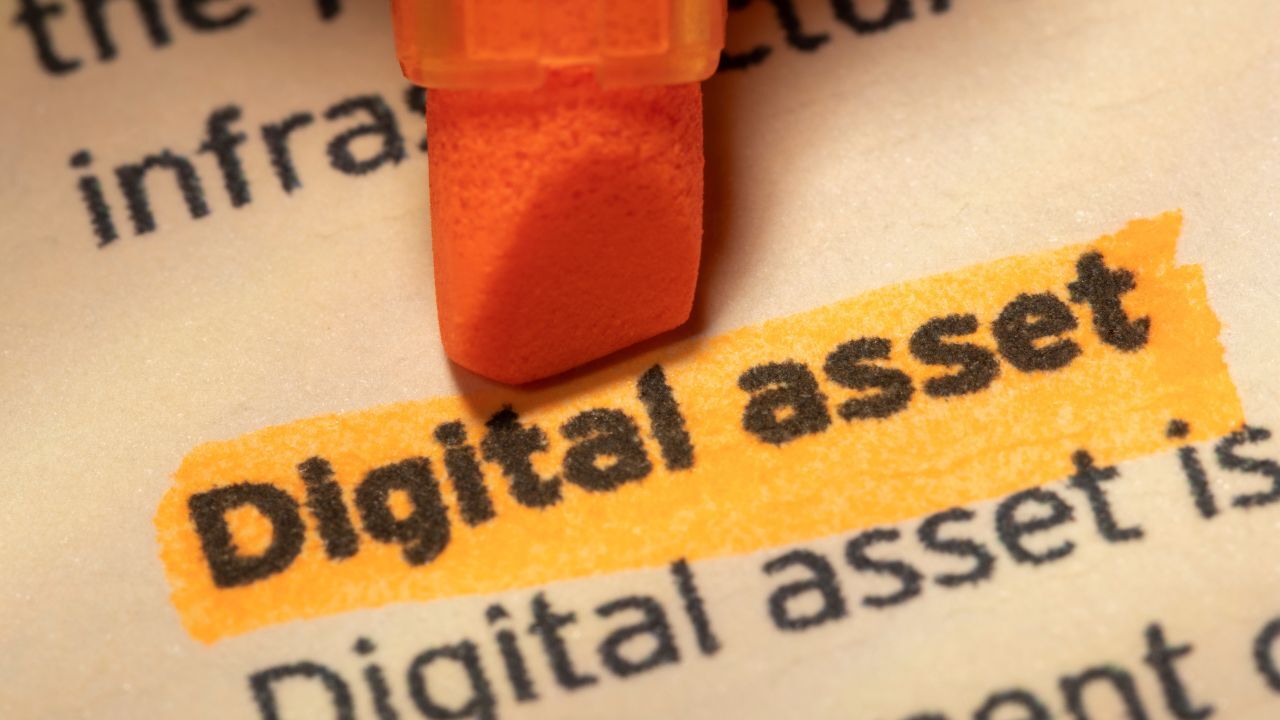 The rise of cryptocurrency and digital assets has transformed the way many people invest and build wealth. As more buyers hold Bitcoin, Ethereum, and other digital currencies, the question of how these assets impact mortgage approval has become more common. While lenders are beginning to recognize cryptocurrency, it is still a developing area that requires careful planning.
The rise of cryptocurrency and digital assets has transformed the way many people invest and build wealth. As more buyers hold Bitcoin, Ethereum, and other digital currencies, the question of how these assets impact mortgage approval has become more common. While lenders are beginning to recognize cryptocurrency, it is still a developing area that requires careful planning.
Understanding Cryptocurrency as an Asset
Cryptocurrency is considered a digital asset rather than traditional income. This means that while it may increase your overall net worth, lenders do not always treat it the same as cash in a savings account. Mortgage approval is primarily based on verifiable income, credit history, debt-to-income ratio, and liquid funds available for down payment and closing costs.
If your wealth is tied up in cryptocurrency, you may face challenges proving that you have stable and reliable funds. Lenders want to see assets that can be easily converted into cash. Because cryptocurrency values can fluctuate dramatically, some lenders see it as less stable compared to traditional assets.
Using Cryptocurrency for a Down Payment
One of the biggest questions is whether you can use cryptocurrency directly for a down payment. At this time, most lenders require that digital assets be converted into U.S. dollars and deposited into a verified bank account before being applied toward a mortgage. This creates a paper trail showing the source of funds, which is essential for mortgage approval.
If you plan to use cryptocurrency for your down payment, allow extra time for the transfer and conversion process. Documenting every step is key, since lenders must comply with strict guidelines to prevent fraud and money laundering.
Cryptocurrency and Income Verification
Some buyers earn income through cryptocurrency trading, mining, or blockchain-related work. While this may be a valid source of earnings, lenders typically require at least a two-year history of consistent income before considering it for qualification purposes. Detailed tax returns and official documentation are often necessary.
If your income fluctuates or depends heavily on volatile trading, a lender may view it as unstable. Combining cryptocurrency income with traditional income sources can strengthen your mortgage application.
Looking Ahead
The mortgage industry is still adapting to the role of digital assets. Some forward-thinking lenders and fintech companies are exploring ways to make cryptocurrency more directly usable in the home buying process. Over time, we may see more flexible guidelines, but for now, most traditional lenders take a conservative approach.
For buyers who hold significant cryptocurrency, the best strategy is to plan ahead. Convert a portion of your assets into cash well before you apply for a mortgage, maintain clear records, and work with a mortgage professional who understands digital assets.
While cryptocurrency adds complexity to the mortgage process, it also shows how home financing continues to evolve with modern wealth-building strategies. With preparation and guidance, buyers can successfully use digital assets to move one step closer to homeownership.
